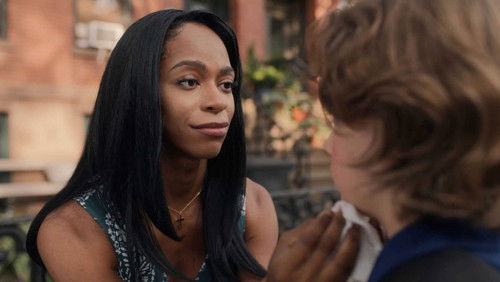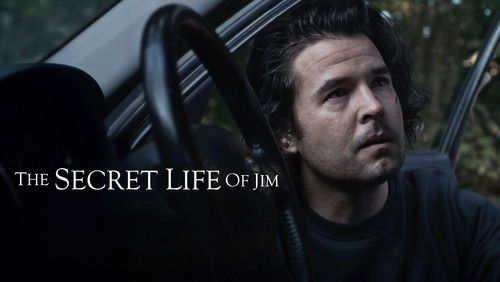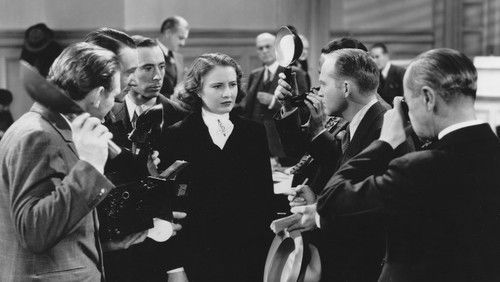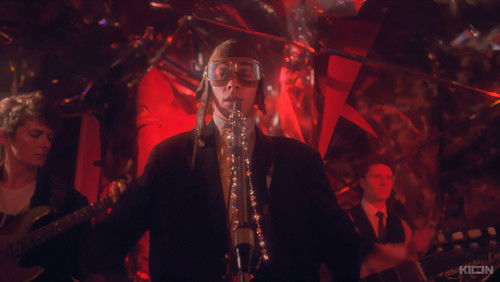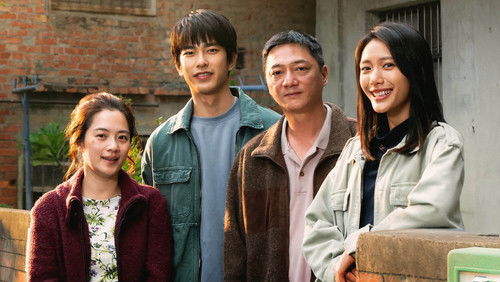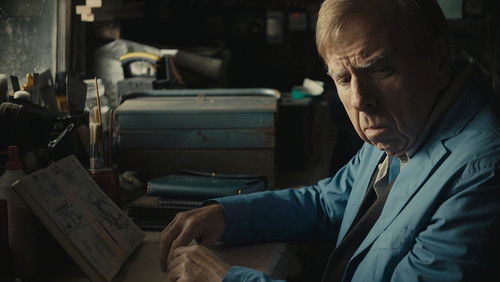Emigranten (1971)
41KEmigranten: Directed by Jan Troell. With Max von Sydow, Liv Ullmann, Eddie Axberg, Sven-Olof Bern. Småland, Sweden, mid-19th century. A farming family struggle with their rocky, unyielding land, and decide to embark on the arduous journey to new hope in America.
“Swedish filmmaker Jan Troellu0026#39;s categorical pièces-de-résistance, a diptych, 7-hours long saga based on his fellow countryman, the literature titan Vilhelm Mobergu0026#39;s THE EMIGRANTS ensemble. u003cbr/u003eu003cbr/u003eDivided into THE EMIGRANTS and THE NEW LAND, this 19th-century epic holds a dear look at the travails of an ordinary Swedish household, the Nilsson family, resides in the Småland hinterland, when (mostly natural) adversity mounts against their livelihood, the eldest son Karl Oskar (von Sydow) mulls over the prospect of emigrating to the United States. A proposition deprecated by his wife Kristina (Ullmann) initially, but when poverty and hunger is aggravated by the premature death of one of their brood, she eventually accedes, joining their emigrating pack are Karl Oskaru0026#39;s younger brother Robert (Axberg), his farmhand friend Arvid (Lindstedt), the family of Kristinau0026#39;s uncle Pastor Daniel Andreasson (Edwall, a straight-up hard-hitter, brilliantly bringing about an air of smug virtuosity that treacherously verges on hubris), who is at loggerheads with the supercilious local parish clergy for preaching to the fallen ones (viz. those who are deemed not worthy of Christian gospel), among whom a former prostitute Ulrika (jazz chanteuse Monica Zetterlund), now a reborn woman, also partakes in the trek with her teenage daughter Elin (played by Monicau0026#39;s own daughter Eva-Lena Zetterlund). u003cbr/u003eu003cbr/u003eTHE EMIGRANTS itself can be bisected into two halves, before and after the familyu0026#39;s embarkment for the state of Freedom, during the former, Troell introduces the hardship and inequity (religious parochialism and mistreatment) with a pastoral equanimity (occasionally lard with invigorating drumbeats) and purveys his main characters with sufficient impetus for their longing for a reset button in an idealized country where everyone is (purportedly) being treated equally and fairly, especially for the young Robert, it is the California gold rush beckons him, and supports him against the cavalier abuse he receives on a daily base when working as a farmhand. u003cbr/u003eu003cbr/u003eOnce their journey kick-starts, a looming nostalgia begins to sweep the cohort, Troell (who is also presiding over the cinematography department) fixes the valediction shot with a subdued solemnity, no goodbyes, tear-infused eyes, lingering looks are deployed, just a long-shot of the elderly parents seeing their children off in front of their house, incorporating the place into their final adieu, and the impact is ineffable. u003cbr/u003eu003cbr/u003eTellingly, THE EMIGRANTSu0026#39; most accomplished passage is the ten-weeks trans-Atlantic voyage on a wooden brig, and Troell valiantly re-enacts its sordid state of affairs with swingeing maritime verisimilitude when most passengers are fallen victims of sea-sick, life is snuffed within a two-by-four space, by scurvy or even quinsy (a pertinent reference to todayu0026#39;s illegal immigrantsu0026#39; ordeal on the sea). Here Liv Ullmann holds court in two magnificent scenes, one is Kristinau0026#39;s altercation with Ulrika, both actress are emotively unsparing, and letting out their prejudice and retorts once for all, which also presciently serves as a catalyst for their eventually best-friends transition; the other is when Kristina, apparently in extremis, exchanges with Karl Oskar their fondness, as if for the last time, by confessing that they are each otheru0026#39;s best friends, a superlative affirmation that true love does exist thanks to the two playersu0026#39; most poignant delivery. u003cbr/u003eu003cbr/u003eOnce the survivors touches the terra firma but incognita, they are still miles away from where they will start life anew, hopping on the train and later a steamer, than on foot, when they finally reach their destination in Minnesota, their first dream is dashed by a boastful liar who never expect his lie will be debunked in his face, and THE EMIGRANTS finishes when Karl Oskar finds their new land under their new identities, American homesteaders. u003cbr/u003eu003cbr/u003eRight picking up where its predecessor leaves, THE NEW LAND takes place entirely in the new land, where the Swedish emigrants forming a somewhat enclave, mostly living among themselves, which brings about a problematic issue about the storyu0026#39;s sense of locality and Troellu0026#39;s inaction of alleviate this anonymity, if it is not for the random appearances of the indigenous Indians, one can safely surmise that the household is still live in their homeland, with very similar sylvan exuberance and harsh winter-time, and not much foreignness to interact with, in a way, it takes the shine off one of the storyu0026#39;s focal points: displacement. u003cbr/u003eu003cbr/u003eYet, what THE NEW LAND excels in, is that oater flashback of Robert, who manages to stay alive just long enough after a futile gold-digging attempt with Arvid, a sounding slap in the face to the wide-eyed daydreamers, the pair is saddled with the same drudgery and hardship (not to mention Robertu0026#39;s potluck is rooked by deception) that ultimate will cost them both their young lives, here Troell launches a more hallucinogenic experiment in accentuating the pairu0026#39;s delirium and exhaustion when wandering in the desert, to admirable effect. Eddie Axberg has weathered convincingly in honing up Robertu0026#39;s tale of woe, and his final resignation with fate effectually brings a lump in oneu0026#39;s throat. u003cbr/u003eu003cbr/u003eLife goes on, as Karl Oskaru0026#39;s household finally prospers, a God-fearing Kristina turns out to be benighted enough to risk her own life for the sake of procreation, indoctrinated as a wifeu0026#39;s sacrosanct duty, even after receiving the doctoru0026#39;s warning that another pregnancy would become her undoing, together with a less disinterested depiction of a wanton slaughter during the Sioux Uprising, by suggestion that it is at the expense of those white homesteadersu0026#39; hospitality upon which the Indians conducts their retaliation, THE NEW LANDu0026#39;s luster starts to ebb away, notwithstanding a show-stopping Max von Sydow consistently radiates with plebeian bonhomie, sympathy and mettle from stem to stern of the entire roman-fleuve.”
